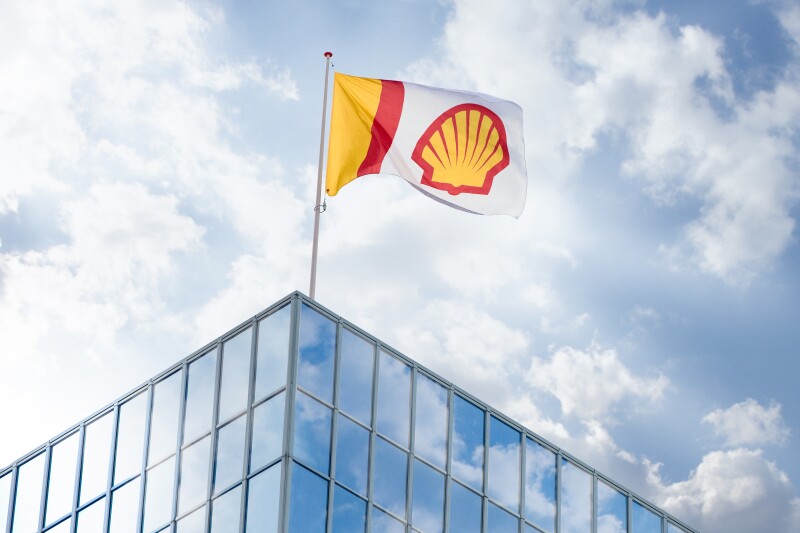Shell Health was historically a traditional occupational health group, performing fitness-to-work, return-to-work, and medical surveillance exams. Over the past two decades, there was additional focus on weight loss and weight maintenance. In more recent years, Shell Health broadened to a more holistic approach to health, including psychological and emotional wellbeing, and introduced its new strategy entitled Human Performance and Care (HP&C).
Shell Health is a global function supporting all of Royal Dutch Shell globally. Consisting of more than 400 employees across the world, Shell Health historically has been a traditional occupational health group responsible for fitness-to-work, return-to-work, and medical surveillance exams and clinical services at assets and sites globally. In addition to medical expertise including physicians and nurses, Shell Health employs scientists (e.g., toxicologists, ecotoxicologists, epidemiologists), industrial hygienists, wellness and fitness experts, human factors engineers, disability case managers, public health professionals, and marketing and communication experts.
In 2000, a nonoccupational incident led to the development of Be Well at Shell and the initial culture of health focus. In the early years, Shell Health promoted conventional health promotion programming such as health fairs, lunch-and-learns, health screenings, wellness challenges, and a wellness portal with health risk appraisals and incentives, such as reimbursements for gym memberships. In 2009, Shell Health began an external review of its wellness strategy focusing on behavior changes that decrease obesity, a root cause of many chronic diseases such as diabetes and cardiovascular and cerebrovascular disease. A work site health pilot was established with two offshore production platforms, two chemical plants, and one large office location. This weight management pilot enrolled employees with a body mass index of 30 or higher. In more recent years, year-long weight loss and weight management programs were put into place using wearable devices to measure steps taken. These programs were completed across the US and continue through today.
As a result of the global economic downturn in 2009 and its impact on Shell businesses across the world, Shell Health was approached by executive leadership to develop a stress management program. In 2011, the Resilience Program was developed in collaboration with business and academic partners. These were the first programs that began to shift the focus of Shell Health away from only occupational health and into a broader approach to health.
The Culture of Health was introduced in 2013. This holistic approach to health included both the body and the mind, and, for the first time, the physical and mental wellbeing of employees’ families and communities were included as well. With emphasis on both a healthy body and mind, the goal of Healthy High Performance was introduced, and initiatives were launched that covered behavioral economics, positive psychology-based psychosocial support, health promotion, health literacy, and active office/active body programs.
The oil and gas industry has undergone rapid changes during the past decade. In addition to the global economic downturn, oil prices dropped to historic lows, resulting in changes across the entire organization. At the same time, new technologies were introduced at the fastest rate in history, and digitalization now brings promise of big data as well as threats of job loss. In recent years, Shell has faced a plateau in safety performance while also undergoing major reorganizations, reductions in staff, and uncertainty through the lower-for-longer period. This volatile, uncertain, ambiguous, and complex (VUCA) world is now part of employees’ everyday lives, both professionally and personally. Shell Health began to help employees across the company handle this VUCA environment by optimizing the capabilities of individuals, teams, and businesses to be at their best, even in the face of great uncertainty, stress, and adversity.
Recognizing that its focus was now well beyond traditional occupational health, Shell Health introduced its new HP&C strategy in 2016. HP&C involves developing a culture of care, supported by leaders, where people feel engaged, are thriving, and identify with their sense of purpose.
Download the paper for free on the HSE Technical Discipline page until 24 February.

